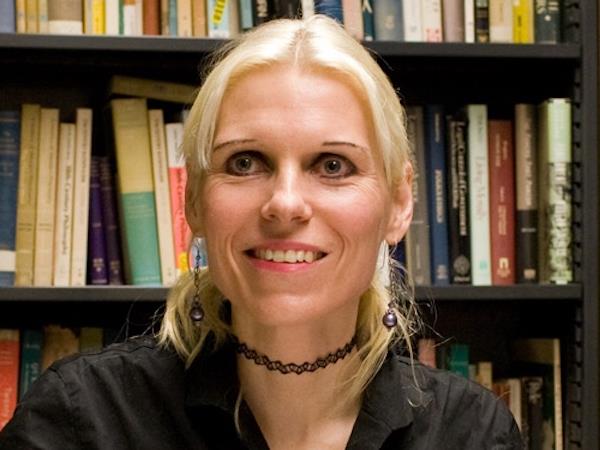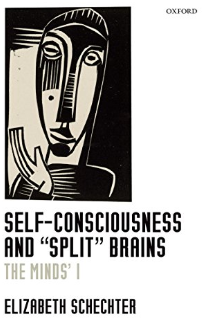In this episode, I had the honor of speaking with Dr. Berit Brogaard. We discussed science and consciousness, brain waves and neural correlates of consciousness, and her work with synesthesia and savant syndrome. Dr. Berit “Brit” Brogaard is a Professor of Philosophy and the Director of the Brogaard Lab at the University of Miami. Her areas of research include philosophy of perception, philosophy of emotions, and philosophy of language. She is the author of several books, including Transient Truths and The Superhuman Mind.

We had a great conversation and covered topics ranging from philosophy to hard science, all in the context of mind-brain duality. Please enjoy this episode with Dr. Berit Brogaard.
Questions we explored:
- You come at this with a varied background – from philosophy to neuroscience. Maybe we can start with your overview of what consciousness is and how it works. I saw part of your interview with Deepak Chopra and you touched on panpsychism. Is that part of your view (definition of) on consciousness?
- What makes you think Science WILL explain it?
- What about dualism? Physicalism?
- Survival after physical death?
- Uploading consciousness?
- Neural Correlates of Consciousness/Brain Waves:
- What’s happening in our brain when we have thoughts and/or phenomenal experiences?
- How do these relate to brain waves? Delta, Alpha, Beta, Theta, Gamma, etc. Maybe first tell us what those brain waves are?
- Altered states of consciousness, meditation?
- How do these brain waves affect neurons? Microtubules?
- How does this relate to phenomenal consciousness? Can you correlate brain activity with ‘something it is like’-ness?
- Are you able to separate (mathematical) components of these brain waves in such a way that you can observe ‘consciousness’?
- Does this relate to memory and schema — groups of neurons firing together to form a memory?
- I think about Giulio Tanoni’s Integrated Information Theory (IIT) research when we discuss brain waves. What are your thoughts on their work with IIT and brain waves? Christof Koch mentioned in our interview that they might be able to measure the consciousness of a stone one day. Thoughts on that?
- What has your work shown you about mind-brain duality (or alternately, physicalism)?
- You believe that science will be able to explain consciousness? How/why?
- What have you observed in your laboratories regarding consciousness and traumatic brain injuries (TBI)?
- You study Synesthesia and savant syndrome, among other things. What has that taught you about consciousness?
- What is happening in the brain with a synesthete?
- Does this provide insight into the neural correlates of consciousness?
- Anything else you’d like to share, anything that I missed?
- What will you be working on in the near future?
- Do you see any breakthroughs coming in our understanding of phenomenal consciousness?
Podcast: Play in new window | Download
